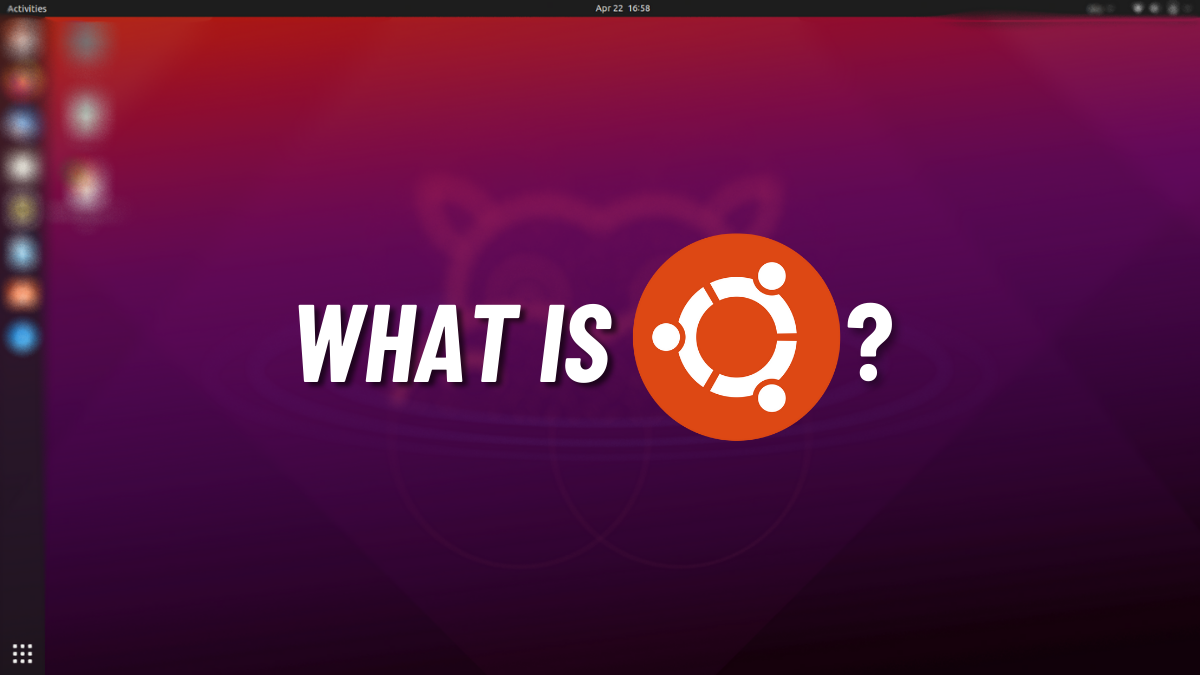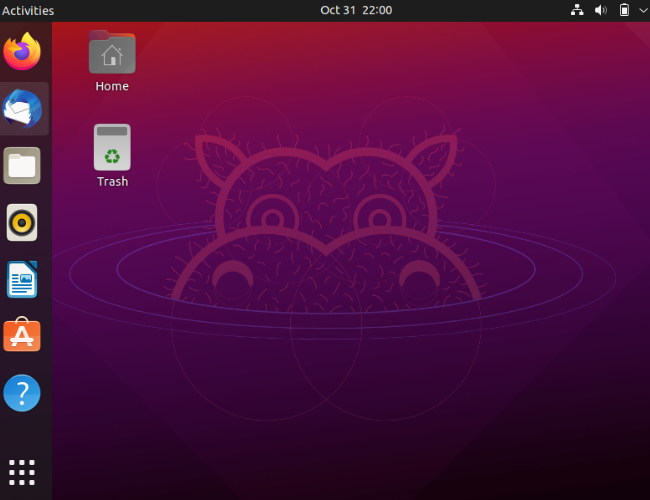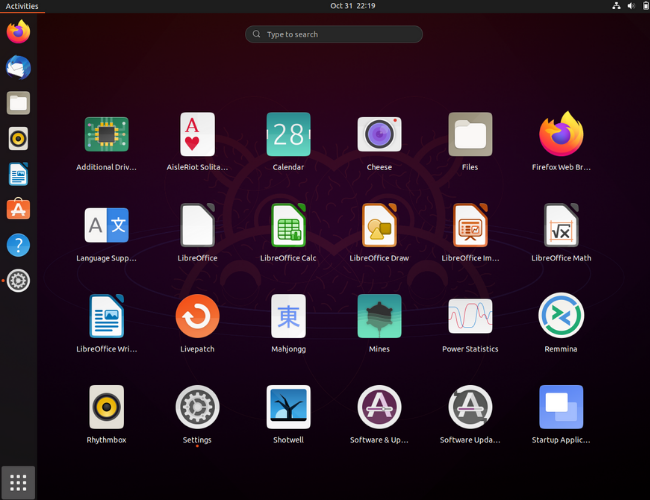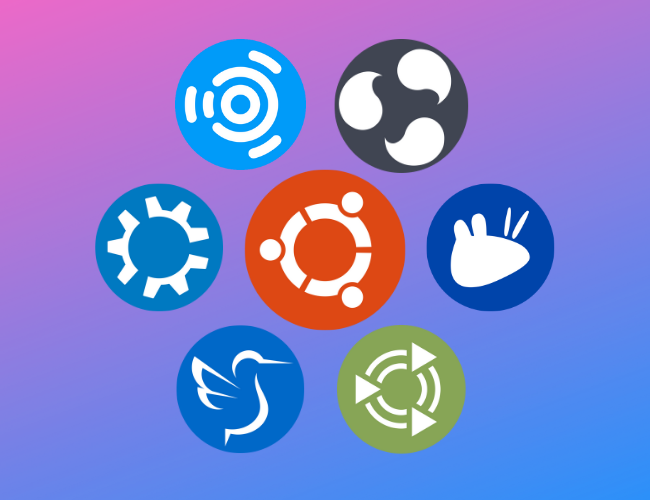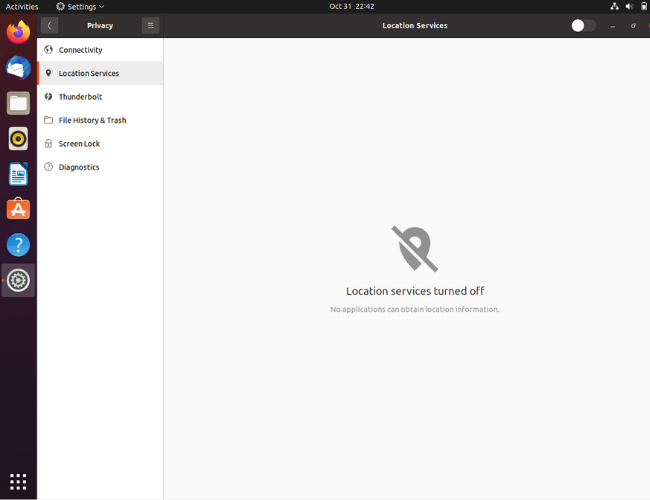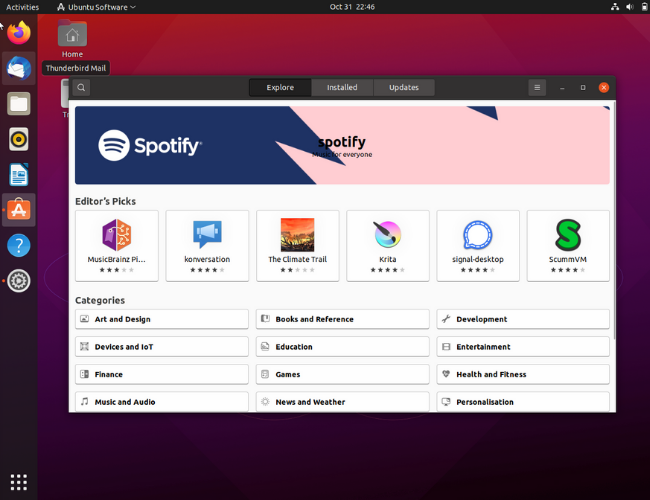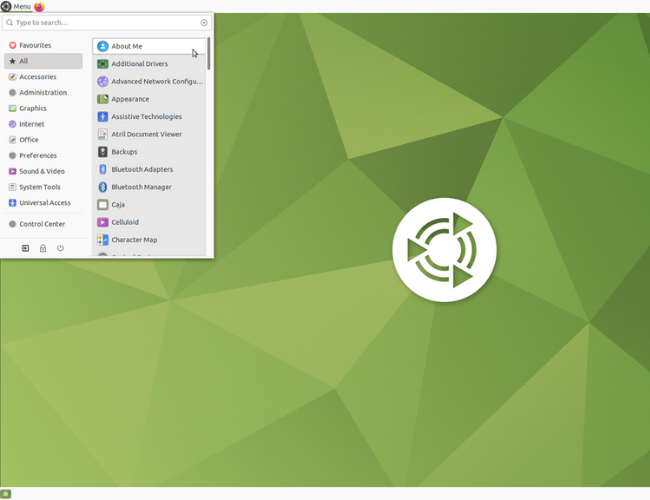Quick Links
In online discussions, you may have heard the term "Ubuntu" thrown around, often in the context of discussing alternatives to Windows. So what exactly is it, and why do people choose to use it?
What Is Ubuntu?
Ubuntu Desktop is a Linux distribution developed by Canonical, and it's one of the most popular distributions, thanks to its ease of use. It's also one of the top choices for people who are getting started with Linux. The server edition, which we won't be focusing on here, is also operating in the majority of internet servers.
So what is a Linux distribution? It's an operating system developed from the Linux kernel, UNIX-like system created by Linus Torvalds in 1991. Linux distributions are usually free and open source, and many are great alternatives to popular operating systems like Windows and macOS.
The Ubuntu Foundation was formed in 2004 by a South African-British developer and entrepreneur Mark Shuttleworth. He wanted to create a more user-friendly Linux distribution than Debian, which was very popular among Linux users at that time. It was notoriously difficult to install, however, and the Ubuntu Foundation worked to remedy that.
Since Debian was (and still is) open source, Shuttleworth took it as a base for his OS and named it Ubuntu. The word Ubuntu means "humanity to others" and "I am what I am because of who we all are."
Why Do People Use Ubuntu?
Let's look at all the possible reasons why Ubuntu might be worth giving a shot.
User Friendliness
As an operating system created to get the beginners on to the Linux train, Ubuntu does a great job in achieving the same. While it looks significantly different from Windows and macOS, it has a shallow learning curve.
Ubuntu uses GNOME, one of the most popular desktop environments (DEs) in the Linux world. Think of the DE as a painting on top of a canvas, the Linux kernel. GNOME is where you and your computer interact in an intuitive and visually appealing manner.
However, GNOME is not the only desktop environment that you can get with Ubuntu. Ubuntu comes in many variants called "flavors" that ship with other desktop environments like KDE, LXQt, MATE, and Xfce. This gives newbies a lot of flexibility to try and experience different DEs and settle with the one they like the best, which makes Ubuntu a more flexible operating system.
Generally, vanilla Ubuntu with GNOME would be sufficient for a beginner. If you have an old PC that struggles to run modern apps, however, you might want to try out Ubuntu MATE, Lubuntu, or Xubuntu. If you're unable to decide which DE to choose, we have a guide to choosing between the different Ubuntu flavors.
Privacy and Security
You might have heard people stating that Linux is more secure than other operating systems, and they're generally referring to its open-source nature and lack of Linux-targetted viruses. When we say that an OS or software is open source, the source code is open for anyone to add code or make changes. Thousands of people and developers work together to fix issues and security loopholes.
However, there have been instances when Ubuntu received a lot of backlash from the community. In Ubuntu 18.04, Canonical pushed Amazon apps and search tools in the OS. Now, Amazon isn't the most respected company when it comes to privacy, and the preinstalled Amazon store would often suggest users affiliate links to earn commissions. Although it was removed in the later Ubuntu versions, some people still use the older Ubuntu versions, and they still have the apps installed.
Ubuntu can also collect your hardware information (RAM, CPU, GPU), location data, and usage data. However, you can opt-out during the installation process, or in the settings once the installation's done.
Software and Apps
Most popular apps available on Windows and macOS, like Chrome, Slack, VSCode, Spotify, etc., are also available on Ubuntu. The OS ships with its store called "Ubuntu Software," which allows you to search and install apps in a few clicks. Even if you don't find your favorite apps, you might stumble upon their alternatives, which you might end up liking more.
One of the drawbacks of using Ubuntu Software is that it only allows you to install apps in Snap form. Snap installations have their advantages, but they tend to be slow and require large storage space compared to normal app installs. Because of this, some Linux users refuse to run Ubuntu.
But don't worry, you're not restricted to using only Snaps. Most of the popular apps that are available on Linux offer a DEB installation file. Think of DEB as an equivalent to an EXE file on Windows, or an AppImage file on macOS. All you need to do is download, double-click to open it, and click on "Install."
Some Ubuntu Flavors Are Lightweight
Ubuntu flavors like Ubuntu MATE, Xubuntu, and Lubuntu are very lightweight operating systems. If you have an ancient computer lying around collecting dust that can't handle the latest version of Windows, you could install Ubuntu MATE and breathe new life into it.
GNOME is a modern and heavy DE compared to the rest; hence it needs more RAM to work smoothly. It needs at least 2GB of RAM to run without any hiccups, while the flavors discussed above need around 1GB.
Ubuntu Is Free To Use
Ubuntu is a free-to-use and ad-free operating system, unlike Windows. If you recently purchased a new PC that you intend to use for basic tasks, instead of buying a Windows license, you can try out Ubuntu.
A Great Distro for Getting Familiar With Linux
While Ubuntu does have some drawbacks when it comes to privacy and Snap, it's an excellent OS for people who are getting started with Linux. It's easy to install and can run most of the popular apps with ease. That said, there are drawbacks to switching to Linux.
If you don't end up liking it, just like how Ubuntu is based on Debian, there are other distros that are based on Ubuntu. One of the popular Ubuntu-based distros is Pop!_OS. You could also try Linux Mint, which a lot of people in the Linux community prefer over Ubuntu. Part of the reason why Linux Mint is popular is that --- it doesn't ship with Snap, and you can get Mint with the Cinnamon desktop environment that a lot of people prefer over GNOME.
If you've decided to try out Ubuntu, you can do a full install or dual-boot it. Dual-booting allows you to run both Windows and Ubuntu on the same computer. Also, don't forget to back up your data.

